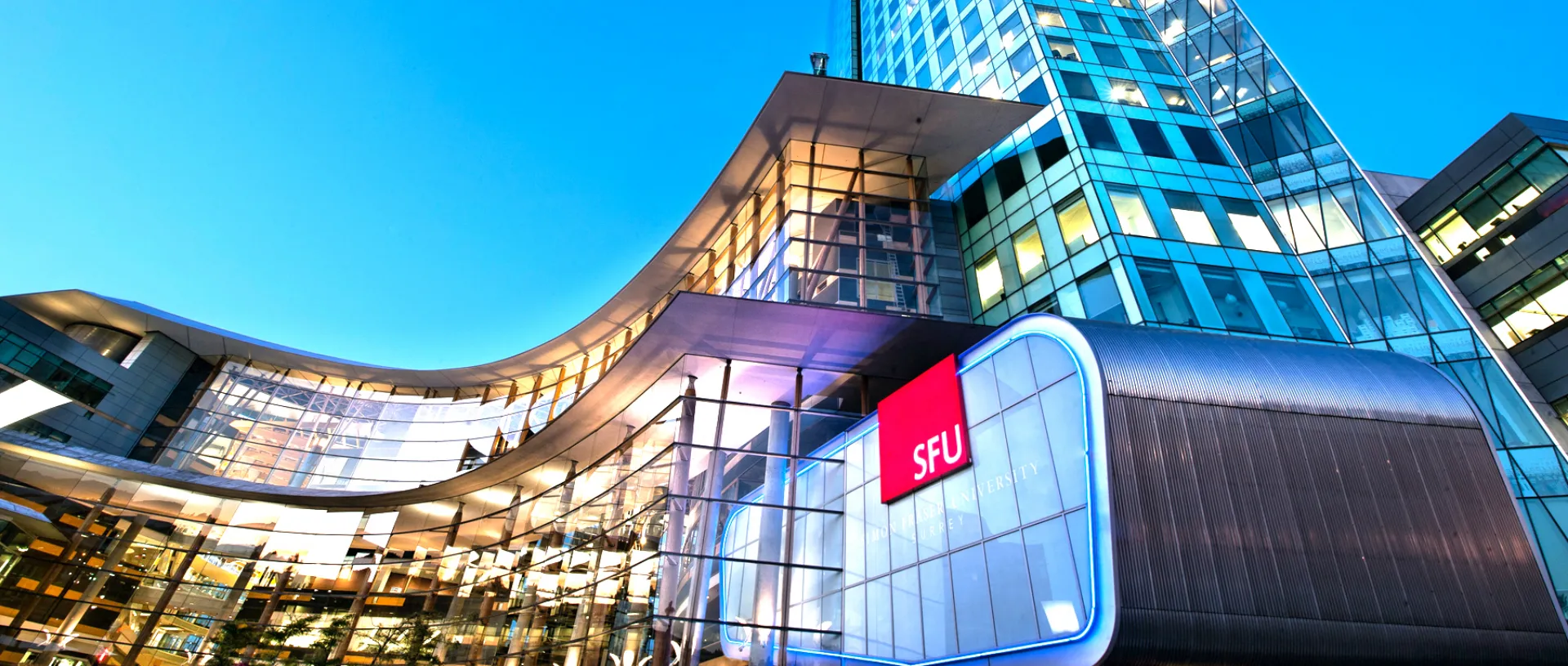Other winter cities prepare more, meanwhile a relatively small amount of snow shut down our region: Councillors Daniel Fontaine and Linda Annis
New Westminster/Surrey, B.C. (November 29, 2023): The two Lower Mainland city councillors who called for a snow summit last year after the region’s roads and bridges shut down during a snowstorm want to know if the province, road contractors, and local municipalities are better prepared this year. Councillor Daniel Fontaine of New Westminster and Councillor Linda Annis of Surrey said they have not heard from the province, contractors, Metro Vancouver, or local municipalities about better preparations for 2023.
“This time last year, our roads and bridges ground to a halt, showing just how unprepared we were as a region,” said Fontaine. “Some municipalities did better than others but overall, there was clearly no regional preparation and we were forced to shut down, with drivers stranded overnight because highways and bridges were clogged. Our call for a snow summit was an attempt to get everyone into the same room and make sure we didn’t grind to a halt again this winter. But, the summit never happened and we were assured by the province and the region that they were putting reports together in time for this winter. But, we’ve heard nothing, so are we better prepared for this year’s winter weather?”
Annis, who spent more than nine hours trying to get from downtown Vancouver to south Surrey that night, said she had never seen that kind of gridlock before.
“The fact is there wasn’t a record amount of snow, but when things started to go wrong they really multiplied quickly, and it became very clear that as a region we were overwhelmed,” said Annis. “Meanwhile, other winter cities across Canada and the United States are much better prepared and as a result they keep moving.”
When snow started falling on the afternoon of November 29, people started leaving work early and changed their routine. The congestion period that usually starts around 4:00 pm started two hours earlier, contributing to the weather problems, including ploughing.
“If the province and the region had gone through with the snow summit, we would have had some public answers to the many questions people were asking, and we would have a public plan for 2023 which could have been shared with the community,” noted Fontaine. “Instead, we’re now hoping that the province, Metro Vancouver, the road contractors, and our local municipalities are ready, even though we haven’t seen or heard of any changes planned for this winter.”
Annis said that while some municipalities did better than others that night, the key is a regional plan, particularly when you consider how many people commute to and from work across the Lower Mainland.
“All of our communities in the region are connected by highways and bridges” explained Annis. “A coordinated approach is essential, rather than just a narrow focus on our own city streets,” said Annis. “If the highway or bridge I use to get home is choked or closed and I’m stuck in my car overnight, then ploughed streets in my own neighbourhood means only half the problem is solved.”

